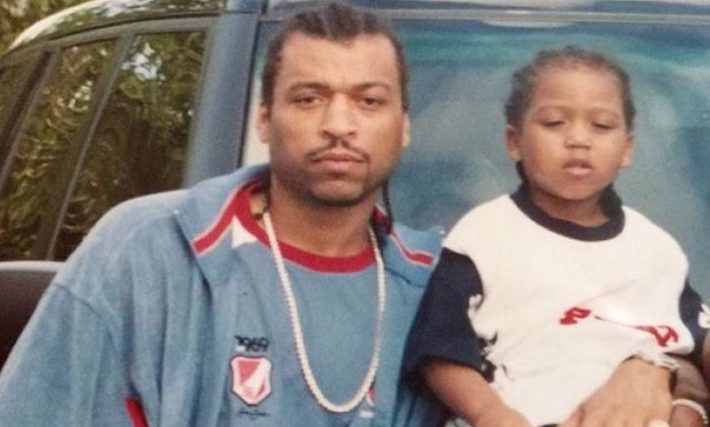Demetrius “Big Meech” Flenory, once a prominent figure in the infamous Black Mafia Family (BMF) drug ring, has recently seen a glimmer of hope toward an earlier release from prison. A federal judge in Detroit has made a pivotal decision to reduce Meech’s 30-year prison sentence by three years, altering the trajectory of his potential release date from 5 May 2028 to 2031. This significant development has sparked discussions about his case, the reasons behind the sentence reduction, and the implications for his future.
Reasons for Sentence Reduction
The reduction in Demetrius “Big Meech” Flenory’s sentence stems from a confluence of factors. Primarily, changes in sentencing guidelines since Flenory’s initial conviction played a pivotal role. Legal landscapes continuously evolve, often reflecting updated perspectives on justice, rehabilitation, and the fairness of punitive measures.
In this instance, the judge recognized shifts in sentencing paradigms, acknowledging alterations in the legal framework that warranted a reevaluation of Meech’s sentence. These changes permitted a reconsideration of his original sentencing, ultimately leading to a three-year reduction and an adjusted release date of 2028.
This decision signifies a broader acknowledgment within the legal system of the need for reconsideration and flexibility in sentencing, especially in cases where evolving guidelines might impact the fairness and appropriateness of imposed penalties.
Legal Perspective and Rehabilitation Efforts

Brittany Barnett’s advocacy for Meech’s reduced sentence highlights key aspects of his rehabilitation efforts while incarcerated. Her emphasis on his lack of a violent criminal record and dedication to personal growth portrays Meech as an individual actively engaged in self-improvement during his time behind bars. These factors potentially position him as a candidate deserving of a reduced sentence based on his demonstrated positive behavioral changes.
However, the portrayal of Meech’s rehabilitation is not without opposition. United States attorney Dawn Ison’s reservations about Meech’s alleged promotion of his criminal past raise pertinent questions. Ison’s stance, as reflected in her opposition to an early release, underscores the complexities surrounding Meech’s transformation. The debate here revolves around whether Meech’s actions genuinely signify a departure from his past criminal activities or merely perpetuate his notorious image, complicating assessments of his rehabilitation efforts.
Implications and Cultural Impact
Demetrius “Big Meech” Flenory’s case transcends its legal dimensions, reverberating through popular culture and media. The reduction in Meech’s sentence garnered attention not only from legal experts but also from influential figures in the entertainment industry. The response from 50 Cent, a prominent figure producing a series about the Black Mafia Family for Starz, signifies the case’s resonance within popular culture.
This cultural impact prompts broader discussions about the portrayal of individuals involved in criminal enterprises, the narratives of their lives, and their potential redemption arcs. Meech’s story becomes part of a larger societal conversation about second chances, rehabilitation, and the intersection of crime and popular media. It raises questions about how society perceives individuals with criminal backgrounds and the potential for societal reintegration after serving time.
In essence, Demetrius “Big Meech” Flenory’s reduced sentence encapsulates a multifaceted narrative, intertwining legal considerations, rehabilitation efforts, and cultural repercussions. It underscores the complexities of evaluating an individual’s transformation post-conviction and invites contemplation on the broader implications of such cases in shaping societal perceptions and values.
Conclusion
Amid previous speculation regarding the potential early release of Meech, particularly during the COVID-19 pandemic, this recent decision provides clarity on his legal situation. While Meech’s brother, Terry Flenory, was released last year, the circumstances surrounding Demetrius “Big Meech” Flenory’s case led to a different outcome, ultimately culminating in the recent reduction of his prison sentence.
As the legal proceedings continue and discussions about Meech’s rehabilitation persist, the revised release date of 2028 stands as a marker for potential reintegration into society. It raises pertinent questions about the nature of rehabilitation, the evolution of sentencing guidelines, and the complexities of assessing an individual’s transformation following a criminal conviction











